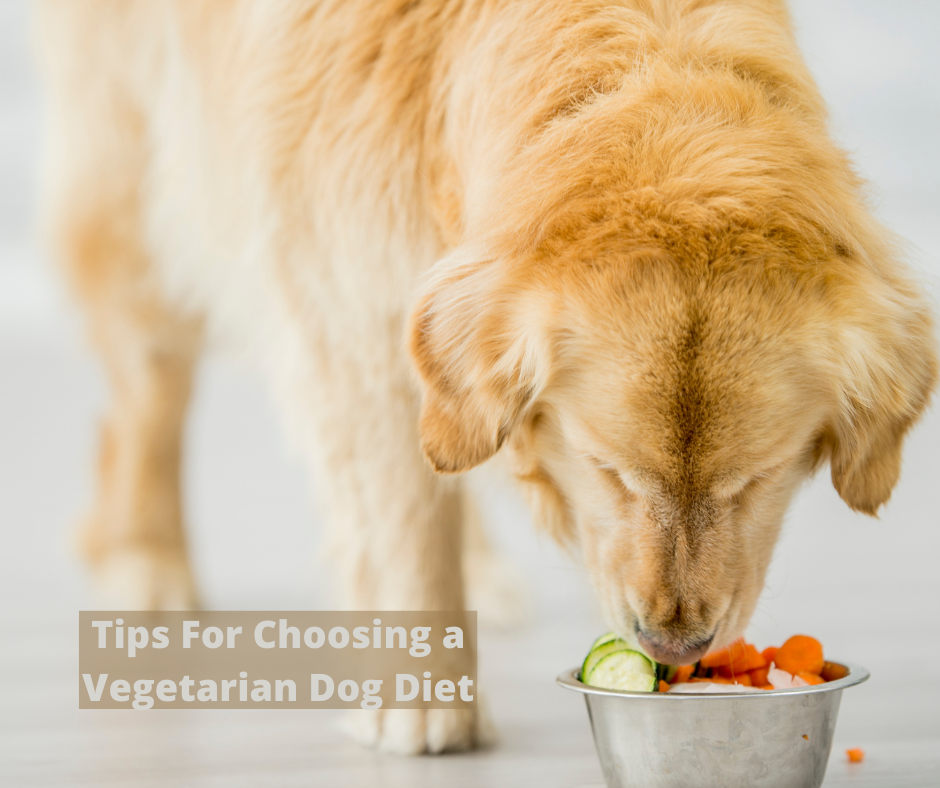Including eggs in your ovo-vegetarian diet offers a rich source of complete protein, vitamins like B12, D, and A, and minerals such as selenium and choline, helping you fill nutritional gaps easily. Eggs support muscle repair, brain health, and immune function while maintaining minimal impact on heart health for most people. By choosing ethically sourced eggs and preparing them safely, you can enjoy their benefits responsibly. Explore how mindful choices can optimize your plant-based lifestyle further.
Key Takeaways
- Eggs provide complete, high-quality protein essential for ovo-vegetarians’ muscle, immune, and tissue health.
- They are rich in vital nutrients like B12, D, A, selenium, and choline, filling common dietary gaps.
- Choosing eggs from sustainable, welfare-focused sources supports ethical and environmentally conscious consumption.
- Proper cooking and mindful selection reduce health risks and address concerns about food safety and allergies.
- Including eggs can enhance diet diversity and meet daily nutritional needs without compromising ethical standards.
The Nutritional Value of Eggs in an Ovo‑Vegetarian Diet

Eggs are a highly nutritious component of an ovo-vegetarian diet, offering a rich source of high-quality protein and remarkable nutrient density. When you include eggs, you get complete egg protein, meaning all essential amino acids your body needs are present. This makes eggs an efficient way to meet your daily protein requirements. Besides protein, eggs provide crucial vitamins like B12, D, and A, along with minerals such as selenium and choline. Their nutrient density ensures you gain maximum nutritional value with relatively few calories, supporting overall health and energy levels. Incorporating eggs into your diet helps fill nutritional gaps, especially for nutrients that can be harder to obtain from plant-based sources alone. This makes eggs a convenient and potent addition to your ovo-vegetarian nutrition plan. Nutrient density also plays a key role in maximizing health benefits from your diet. Additionally, eggs contribute to dietary variety, which is essential for balanced nutrition and preventing nutrient deficiencies. Understanding bioavailability of nutrients in eggs can further enhance the effectiveness of your diet. Moreover, the ease of preparation of eggs makes them an accessible and versatile food choice for many individuals.
Benefits of Including Eggs for Ovo‑Vegetarians

Including eggs in your ovo-vegetarian diet offers numerous health benefits that support your overall well-being. Egg protein is a complete source, providing essential amino acids your body needs for muscle repair, immune function, and tissue maintenance. Incorporating eggs can help you meet your daily protein requirements easily. While eggs contain cholesterol, recent research shows that moderate consumption has minimal impact on blood cholesterol levels for most people. The nutrients in eggs, such as choline, B vitamins, and antioxidants, contribute to brain health, energy production, and disease prevention. By including eggs thoughtfully, you can enjoy a nutrient-dense addition that enhances your diet without considerably affecting cholesterol levels, making them a valuable component of a balanced ovo-vegetarian lifestyle. Additionally, eggs are often associated with benefits of water, since they can be prepared in numerous ways that involve water-based cooking methods like boiling or poaching. Understanding the regulatory standards for egg safety can help ensure you choose high-quality options for your diet. Moreover, knowing about food safety practices can help prevent contamination and ensure the eggs you consume are safe. Recognizing the importance of nutritional content in eggs can further guide your dietary choices to maximize health benefits.
Addressing Common Concerns About Eggs in Ovo‑Vegetarian Eating

Many people express concerns about incorporating eggs into an ovo-vegetarian diet, primarily due to worries about cholesterol and ethical considerations. One common question is about egg sourcing—whether eggs come from humane farms or involve unethical practices. Choosing ethically sourced eggs can ease ethical concerns and ensure better animal welfare. Additionally, many nutritional myths surround eggs, especially the idea that they significantly raise cholesterol levels. In reality, recent research shows that moderate egg consumption doesn’t necessarily increase heart disease risk for most people. Understanding nutritional misinformation and dispelling nutritional myths can help you make informed choices that align with your values and nutritional needs. Moreover, awareness of creative practice can encourage a more open-minded approach to dietary choices and ethical considerations. This helps you enjoy eggs as part of a balanced, ethical, and healthy ovo-vegetarian diet.
Ethical and Environmental Considerations of Egg Consumption

When considering egg consumption within an ovo-vegetarian diet, ethical and environmental factors play a essential role in decision-making. You might question how egg production impacts animal welfare, especially regarding the treatment of hens in industrial farms. Many factory farms prioritize profit over humane conditions, raising concerns about animal cruelty. Additionally, sustainable farming practices are critical; conventional egg production can contribute to environmental issues like habitat destruction, water pollution, and high greenhouse gas emissions. Choosing eggs from farms that prioritize animal welfare and sustainable methods helps reduce your ecological footprint. Incorporating sustainable farming practices into your choices can further support environmental conservation and promote more ethical food systems. Furthermore, understanding the trustworthiness of brands that produce eggs can help ensure that your choices align with your values, as reputable brands often adhere to higher welfare standards. Being aware of the environmental impact of egg production can also guide more conscientious purchasing decisions. By being mindful of these considerations, you can make more ethical choices aligned with your values, supporting systems that promote better treatment of animals and a healthier planet.
Tips for Incorporating Eggs Safely and Mindfully

Choosing eggs from sources that prioritize animal welfare and sustainable practices not only aligns with your ethical values but also helps you incorporate eggs into your diet more mindfully. When preparing eggs, opt for safe egg preparation methods like thorough cooking to eliminate bacteria and reduce foodborne illness risks. Be mindful of allergy considerations, as egg allergies are common, especially in children. If you or someone you’re serving has an egg allergy, avoid eggs altogether or explore egg substitutes. Always check labels for hidden egg ingredients in processed foods. Practice good hygiene by washing hands and utensils after handling raw eggs. Incorporating eggs safely involves understanding both proper preparation techniques and food safety practices to ensure you enjoy their nutritional benefits without compromising health or ethical standards. Additionally, choosing eggs from sustainable farms can reduce your environmental impact and support ethical farming practices. Being aware of egg sourcing can help you make more informed choices aligned with your values, especially considering animal welfare standards and sustainable production methods.
Frequently Asked Questions
Can Ovo-Vegetarians Get Enough Protein Without Eggs?
You can absolutely get enough protein without eggs by focusing on plant protein sources like beans, lentils, tofu, tempeh, and quinoa. These foods provide essential amino acids and help meet your vegetarian protein intake. Incorporating a variety of these options guarantees you’re getting a balanced, nutrient-rich diet. So, even without eggs, you can maintain a healthy, protein-rich vegetarian diet by choosing diverse, plant-based sources.
What Are Plant-Based Alternatives to Eggs in Recipes?
When seeking plant-based alternatives to eggs, you can explore tofu scrambles for a protein-rich breakfast, use aquafaba for baking meringues, and try chia or flax seeds as binders in recipes. These options mimic eggs’ functionality and texture, helping you create delicious dishes without eggs. Tofu offers a savory option, aquafaba provides airy sweetness, and seeds add fiber and nutrients, making your cooking versatile and egg-free.
How Do Eggs Impact Ovo-Vegetarian Weight Management?
Eggs can influence your weight management by affecting calorie intake and satiety levels. Because they’re rich in protein, they help you feel full longer, potentially reducing overall calorie consumption. Including eggs in your diet can support weight control, but be mindful of portion sizes and preparation methods. Balancing eggs with other nutrient-dense foods guarantees you maintain a healthy calorie intake while enhancing satiety and supporting your weight management goals.
Are There Any Health Risks Associated With Egg Consumption?
You might think eggs are harmless, but egg cholesterol can raise your heart disease risk if consumed excessively. While eggs are nutritious, they also carry a Salmonella risk if not cooked properly. Balancing egg intake with your overall diet helps minimize these health risks. By being mindful of egg cholesterol and ensuring eggs are well-cooked, you can enjoy their benefits without compromising your health.
How Do Cultural Differences Influence Ovo-Vegetarian Egg Choices?
You’ll notice that cultural differences greatly influence ovo-vegetarian egg choices. In many cultural cuisines, eggs are a staple ingredient, embraced for their versatility and nutritional value. However, dietary taboos in other cultures may restrict egg consumption due to religious or traditional beliefs. These cultural practices shape your choices, making you more or less likely to include eggs in your diet, depending on your cultural background and personal beliefs.
Conclusion
Choosing whether to include eggs in your ovo-vegetarian diet depends on your values and nutritional needs. While eggs offer valuable nutrients, some might hesitate due to ethical concerns. Remember, mindful consumption—like opting for ethically sourced eggs—allows you to enjoy their benefits without compromising your principles. Ultimately, you can craft a balanced diet that respects both your health and ethics, proving that you don’t have to sacrifice one for the other.









